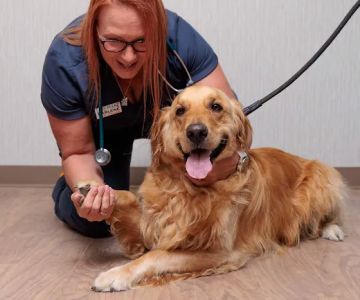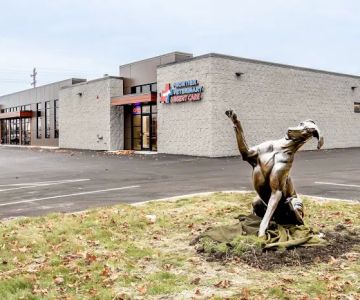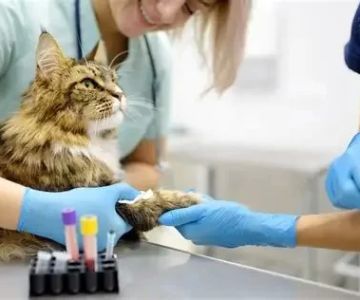- 1-Understanding-Senior-Pet-Needs
- 2-Nutrition-and-Diet-for-Aging-Pets
- 3-Exercise-and-Mental-Stimulation
- 4-Regular-Veterinary-Checkups
- 5-Managing-Chronic-Conditions-and-Comfort
1. Understanding Senior Pet Needs
Caring for senior pets requires a thoughtful approach that recognizes the physical and emotional changes they experience as they age. Many pets over seven years old enter their senior years, bringing unique health challenges that demand adjustments in their daily care. Awareness of these changes is key to providing optimal comfort and extending your pet’s quality of life.
One pet owner shared how her golden retriever, Max, started slowing down and showing signs of joint stiffness. Understanding these signs helped her seek specialized care early, improving Max’s mobility and happiness. Stories like Max’s emphasize the importance of early attention to senior pet needs.
1.1 Common Aging Signs in Pets
Senior pets may experience reduced energy, vision or hearing loss, dental issues, and changes in behavior. Recognizing these symptoms early allows for timely interventions and adjustments to care routines.
2. Nutrition and Diet for Aging Pets
Nutrition plays a pivotal role in senior pet health. Older pets often require diets formulated to support joint health, weight management, and organ function. Foods rich in antioxidants, omega-3 fatty acids, and high-quality protein can help maintain vitality.
Hidden Brook Veterinary recommends consulting a veterinarian to tailor diets specifically for your pet’s health profile. Many pet owners have found success switching to senior-specific formulas, which often reduce inflammation and support cognitive function.
2.1 Adjusting Feeding Habits
Senior pets may have decreased appetite or dental sensitivities, so softer foods or smaller, more frequent meals can improve intake and comfort.
3. Exercise and Mental Stimulation
Maintaining physical activity is crucial for senior pets, helping preserve muscle tone and joint flexibility. Gentle walks, swimming, or low-impact play tailored to your pet’s ability can enhance mobility without strain.
Mental stimulation through puzzle toys, training, or social interaction supports cognitive health. One cat owner credits interactive toys for keeping her senior feline engaged and alert, showcasing how mental enrichment benefits aging pets.
3.1 Creating a Safe Environment
Modifying living spaces with ramps, soft bedding, and easy access to food and water helps senior pets navigate comfortably and safely.
4. Regular Veterinary Checkups
Frequent veterinary visits become increasingly important as pets age. Regular checkups allow for early detection of chronic conditions such as arthritis, diabetes, or kidney disease. Hidden Brook Veterinary emphasizes proactive screening and tailored treatment plans to manage aging effectively.
Routine blood work, dental exams, and mobility assessments form part of comprehensive senior pet care, helping to catch issues before they worsen.
5. Managing Chronic Conditions and Comfort
Many senior pets live with chronic illnesses that require ongoing management. Pain control, physical therapy, and environmental adaptations improve comfort. Owners often share touching stories of how pain management transformed their pets’ quality of life, allowing them to enjoy their golden years.
Utilizing recommended veterinary products and therapies, available through resources like Hidden Brook Veterinary, supports sustained wellbeing and happiness.











